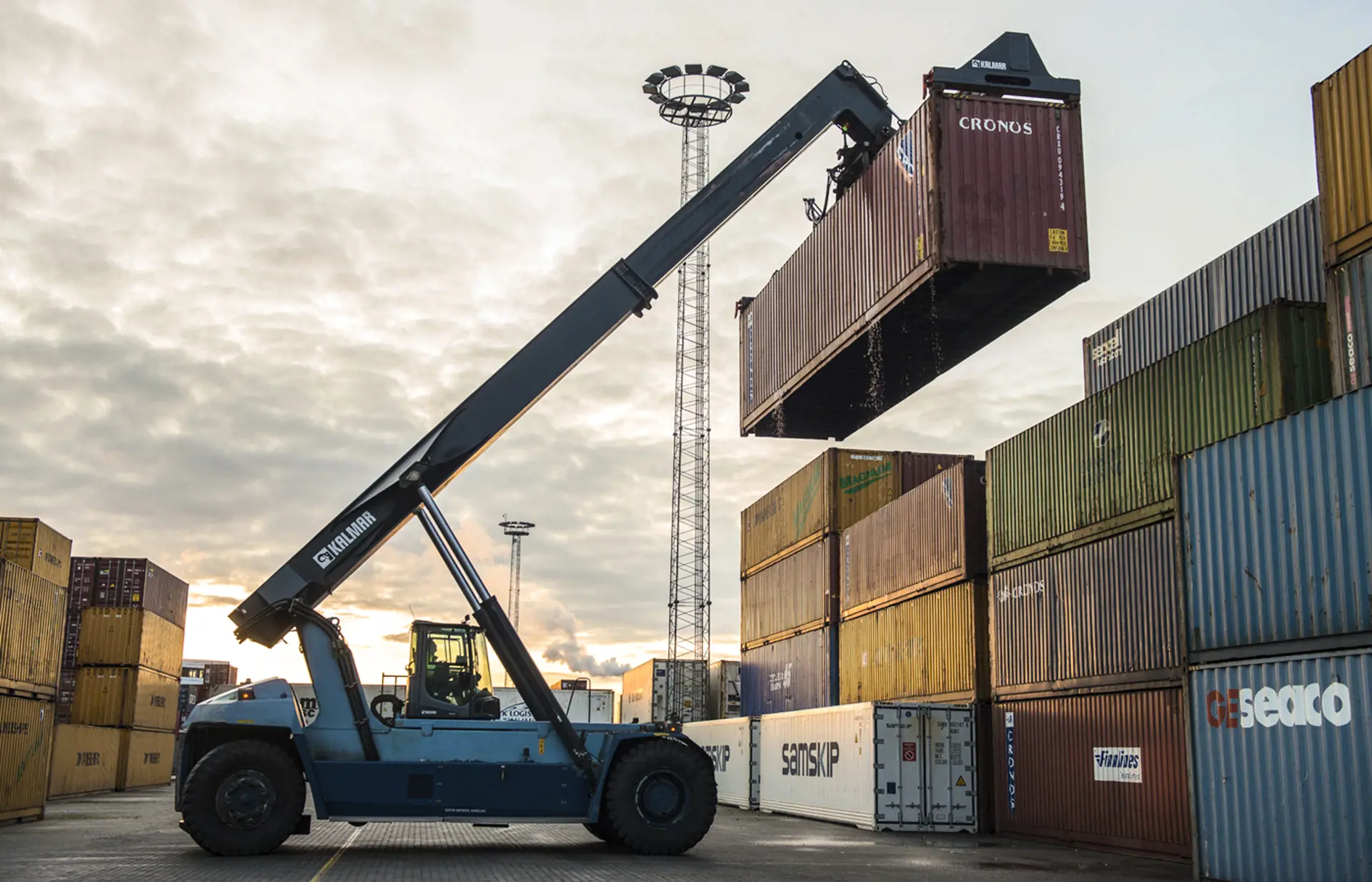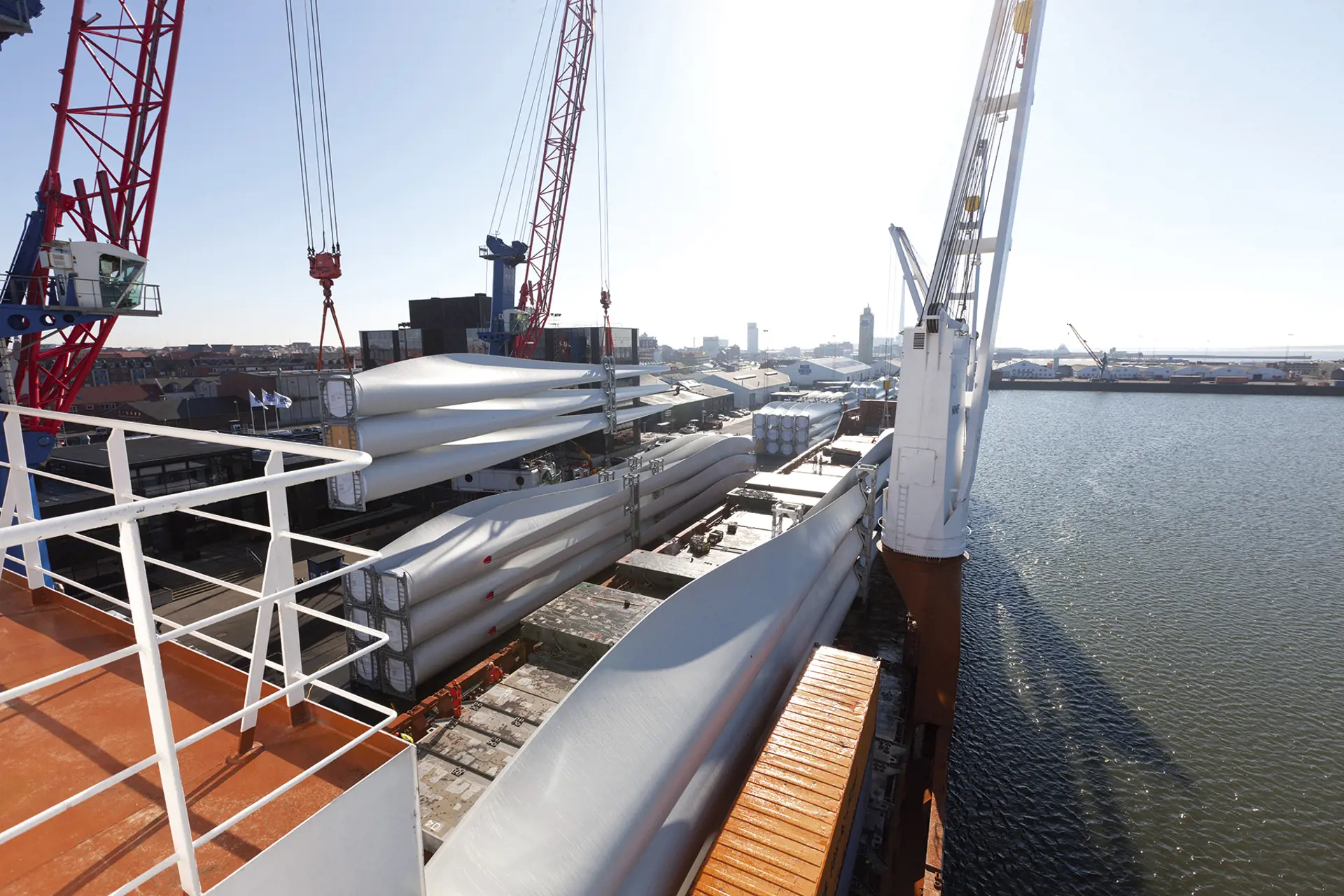Customs: What you should be aware of
Blog
There are several regulations you need to be aware of as well as customs documents that are mandatory to fill out when importing and exporting goods abroad

Customs duties are a tax imposed by governments on goods and services imported from outside the EU. The customs duty is paid to boost the domestic market and domestic production, while this also helps to increase government revenue. Around 75% of the customs value is sent to the EU in Brussels, with the remaining 25% staying in the member state where the goods are cleared. In addition, there are several regulations you need to be aware of as well as customs documents that are mandatory to fill out when importing and exporting goods abroad.
EU customs union - customs within the EU
When you import goods from outside the EU, customs duties are required on the goods. Imports of goods between EU member states, on the other hand, are not subject to customs duties due to the Free Trade Agreement of the EU Customs Union. Within the customs union, common customs rules were developed, which have a major impact on the EU's trade policy. The customs union and trade policy decided to remove customs duties and other tariff restrictions between the EU member states. This aimed to remove trade barriers by avoiding customs duties when trading and importing across member states.
Customs outside the EU
The customs duty is paid when trading with countries outside the EU, such as the US, UK and China - these non-EU countries are also known as third countries. Customs rules vary from country to country and apply to both businesses and individuals.
Customs from England
Brexit had a major impact on the import and export of goods to and from the UK. This led to new rules for customs duties and VAT when EU countries trade with the UK in the future.
There is a trade agreement between the EU an UK which entails rules for registration of companies in the EU and UK respectively. In addition, the UK authorities have tightened the requirements for invoice content meaning that pro forma invoices are no longer acceptable as foundation for customs clearance in the UK.
Many processes must be implemented with shippers and consignees as well as shipping lines, customs authorities, forwarding agents and carriers.
As an EU country trading with the UK, it is possible to obtain a duty reduction, provided that the goods originate in the UK. This requires the exporter to provide a statement of origin, an origin declaration, to the importer. In this regard, there are some requirements for the registration of exporters in the EU and the UK.




